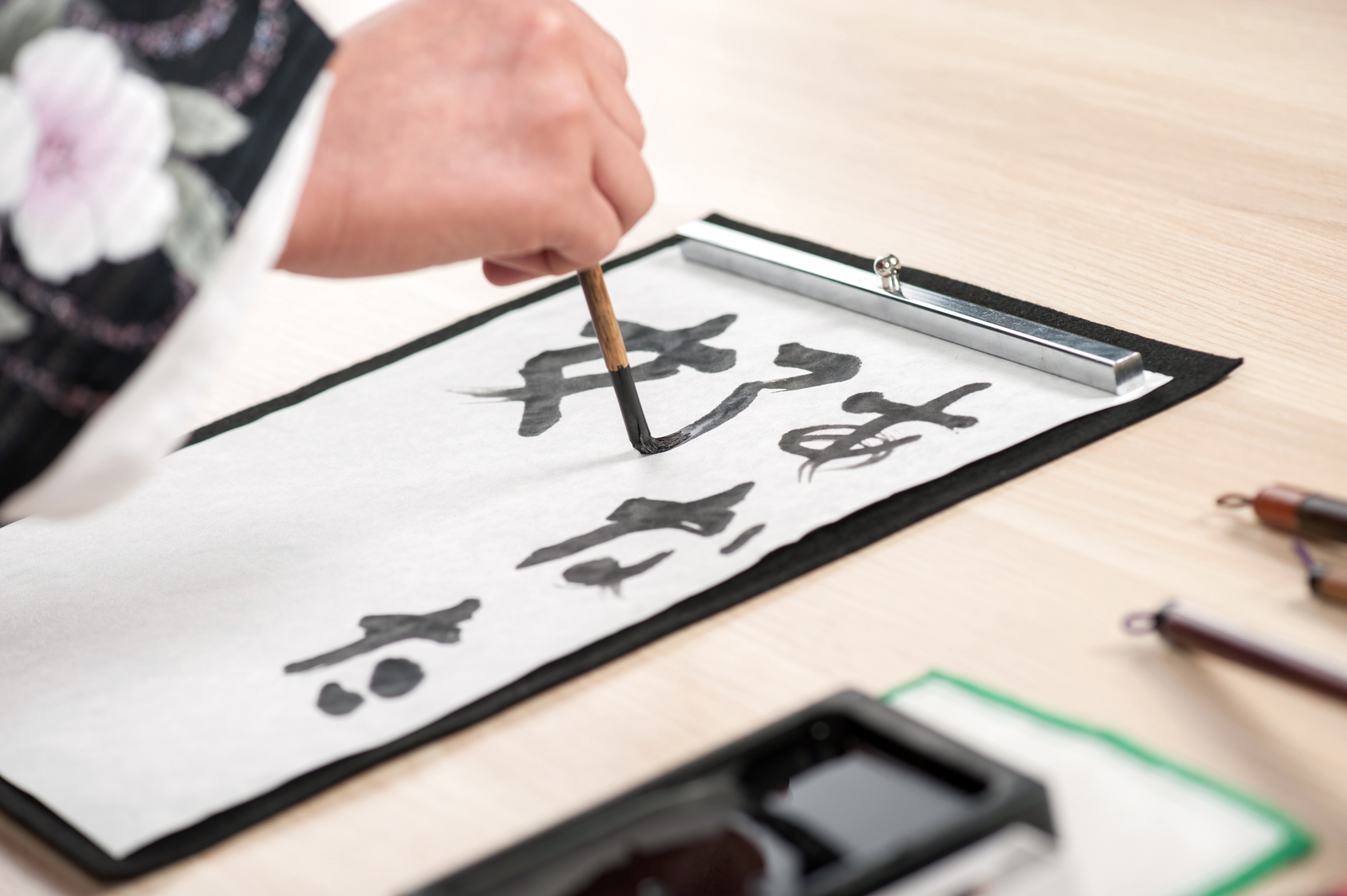Historically, two of the worst words in the Japanese language relate to a woman's womb: 石女 (umazume, stone woman), an insult hurled at females who failed to bear children, and 畜生腹 (chikushō-bara, beast womb), for women who gave birth to twins and triplets — since folk wisdom said only animals had multiple births.
Much of Japanese profanity revolves around women's reproductive organs, which says something about the values of the society and culture. Language reveals the judgments and biases of the group; it specifies how they see the world and how they want it to be — and, in doing so, shapes that very world. Given that so many demeaning and negative words related to women endure, is it any surprise that sexism is still rife in Japan?
That is clear from the 30th-anniversary edition of "Womensword: What Japanese Words Say About Women," by Kittredge Cherry. Although it was first published in 1987 and parts of it are now outdated, its overall narrative is still startlingly relevant. Cherry's short, meticulously researched pieces are filled with lively descriptions and illuminating historical tales about words relating to women, illustrating how womanhood, femininity and the role of women are perceived in Japanese society.

















With your current subscription plan you can comment on stories. However, before writing your first comment, please create a display name in the Profile section of your subscriber account page.